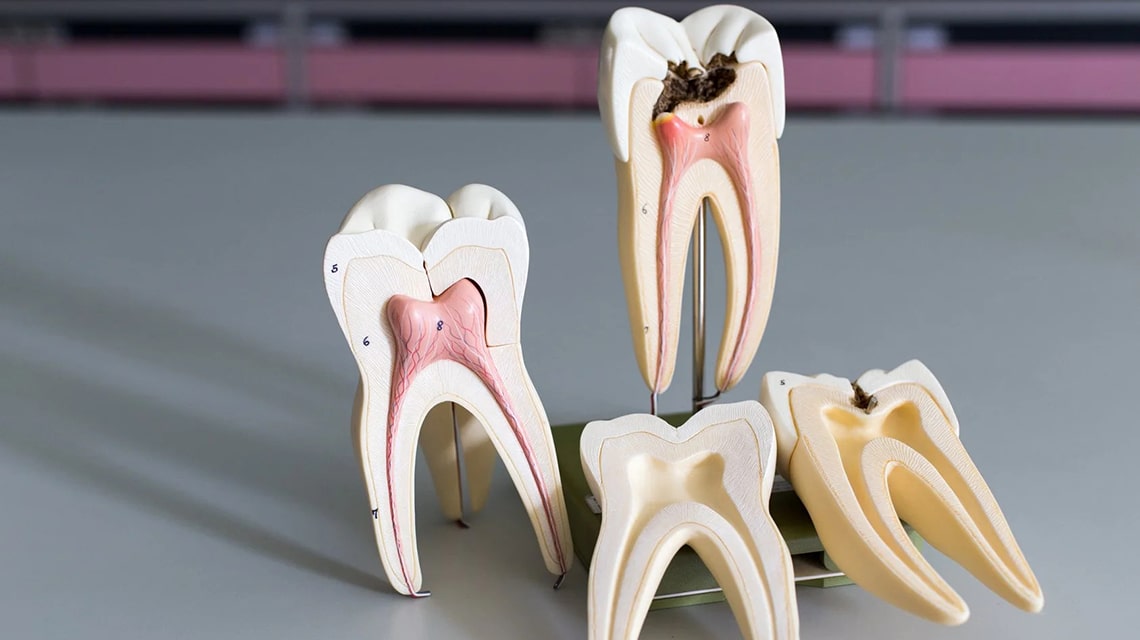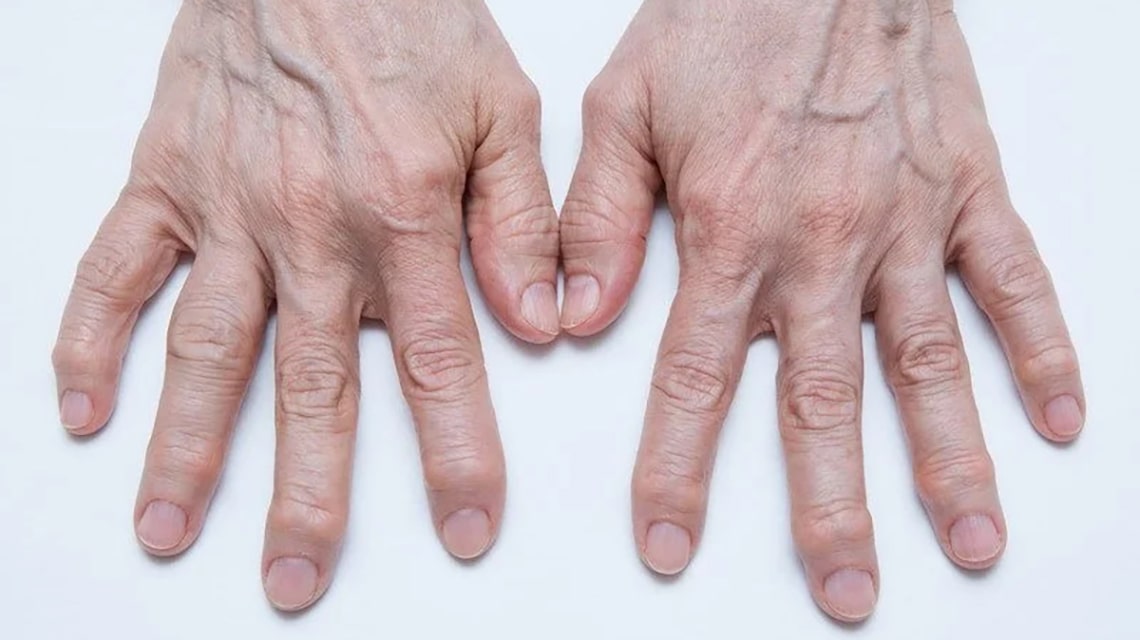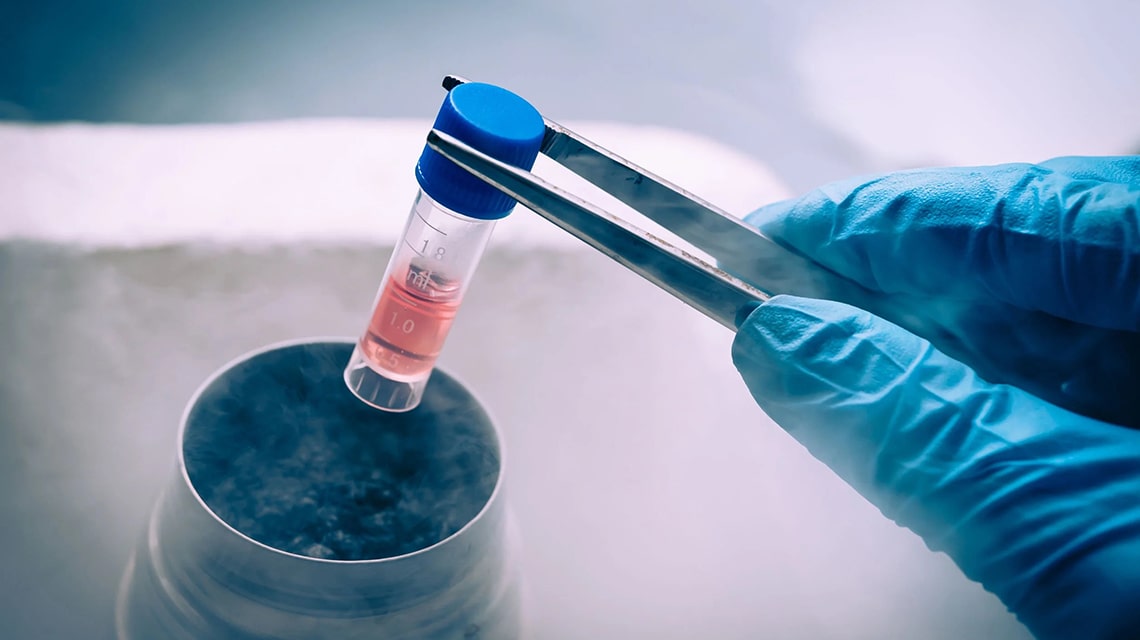Regenerative Medicine Research Continues to Motivate Us

We are in the business of supplying doctors and clinics with things like total nucleated cell injection kits, PRP kits, and centrifuges for processing both total nucleated cell and PRP material.
This kind of thing may be boring to some, but we find it extremely fascinating and challenging. Furthermore, continual research into the effectiveness of regenerative medicine is plenty of motivation for what we do.
Every time we hear of a new research project validating total nucleated cell therapy for a particular use, we get more excited about supplying total nucleated cell injection kits to our clients. Every time we hear about a life changed by PRP injections, it makes each PRP kit we sell so much more rewarding.
Below are just a couple of examples of the kinds of things we are talking about. As you read, keep in mind that research has just barely begun to scratch the surface of regenerative medicine. No one really knows how, and to what extent, regenerative medicine will transform healthcare delivery in the coming years.
total nucleated cells to Replace Root Canals
Researchers at both Harvard and the University of Nottingham worked together to develop a new regenerative medicine procedure that may someday replace root canals. Their research was so impressive that it took second place in the 2016 Emerging Technologies Competition sponsored by the Royal Society of Chemistry.
Right now, root canals are the default treatment for teeth that are so badly decayed they cannot be effectively repaired with fillings. Dentists have to completely remove the affected tooth, followed by drilling and clearing out the tooth cavity all the way down through the root. This is a painful procedure but carries with it the risk of certain complications as well.
The Harvard and University of Nottingham researchers came up with a way to fill cavities with a solution that includes total nucleated cells. The theory is that, by doing so, partially decayed teeth can be healed by the body before decay gets so bad as to require a root canal. In effect, the therapy is a preventative one designed to make root canals completely obsolete.
A New Drug to Address Differentiation
Injecting total nucleated cells into a decayed tooth to prevent further decay is one thing, but what if doctors need a greater volume of total nucleated cells than can be harvested from an autologous procedure? They are then faced with the task of multiplying those cells until they have the volume they need. This all sounds simple, but there is a big problem: differentiation.
Differentiation is the process total nucleated cells undergo in order to transform themselves into certain kinds of tissue. A doctor using one of the centrifuges and total nucleated cell injection kits we sell is likely performing a procedure that calls for a relatively low volume of total nucleated cells. Furthermore, they are autologous total nucleated cells taken from the patient being treated. Such procedures are limited in both application and efficacy.
If we are ever to get beyond those limits, we have to find a way to multiply total nucleated cells before they begin to differentiate. That is what researchers at UBC and Stanford University are working on. They believe they have found a drug that can inhibit one of the proteins responsible for total nucleated cell differentiation. If it works as advertised, it could slow down the differentiation process to allow more time for cell multiplication.
We love what we do at Apex Biologix because we know that regenerative medicine is changing lives. We are motivated not only by patient stories, but also by the ongoing research that continues to show just how powerful regenerative medicine is.


